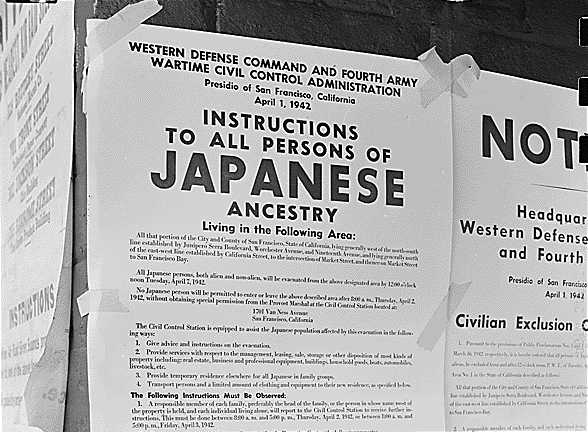
Both of you who regularly read my blog know that the church I attend is actively engaged in working towards a Gospel-centered vision of racial reconciliation and unity. This has been a long, challenging, but deeply rewarding process for us. We are far from having it “right,” but slowly we are seeing good things happen.
One of the difficulties in this journey comes when we look around and see so few like-minded travelers. So it can be refreshing to come across a story that reminds me that we are not alone.
It was the Fall of ‘93, deep in the buckle of the Bible Belt. I was a high school student in Junction City, Arkansas. An evangelist had come to our church and encouraged us to invite as many students as possible to come hear the gospel. Although I suspected that it might cause trouble, I invited the entire football team. We arrived at the church only to be met by a couple of deacons banning the African American students from entering the sanctuary. Soon the pastor came to our aid and insisted that my friends were indeed (ahem) “welcome.” In response, one deacon ran to his truck but yelled that he was coming right back—with a shotgun.
This is the first paragraph of a longer reflection entitled “Grace Over Race.” The blog belongs to Eternity Bible College, but the story belongs to Joey Dodson (an Arkansan, no less).





